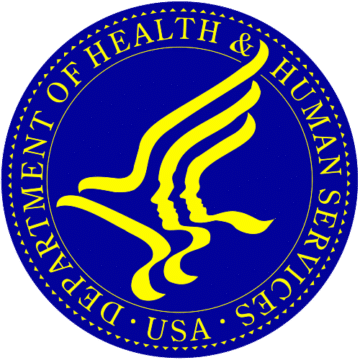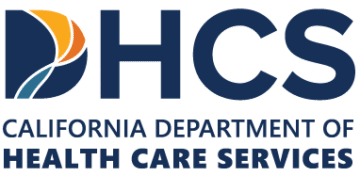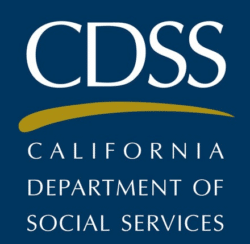
Partnering With D'Amore
Our clinical team at D’Amore Healthcare™ offers medication management for psychiatric disorders. We evaluate your entire mental and psychological history before customizing a treatment plan. Whether or not to include medication as part of the plan is personal. Although choosing the best treatment option includes understanding medication uses, risks, and myths.
Here in Orange County, our inpatient mental health facility provides a safe, structured environment for receiving treatment. We are dedicated to giving you the attention and care you need so that you can achieve mental wellness.
























